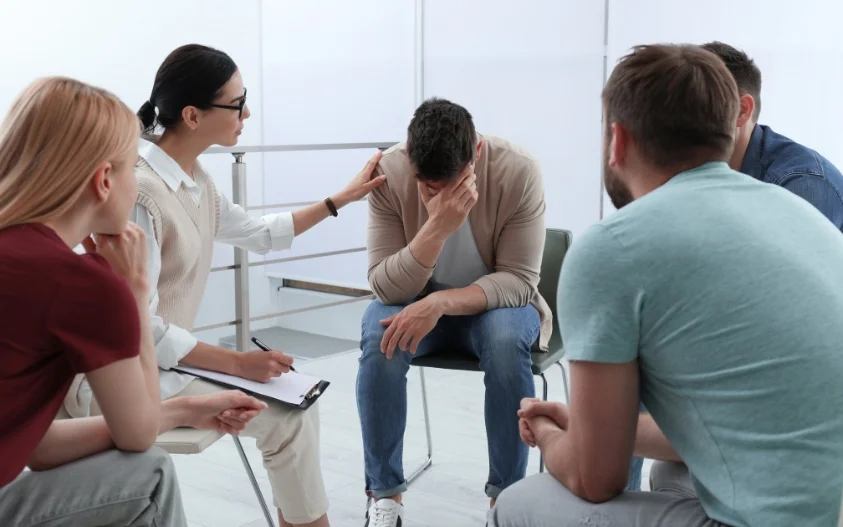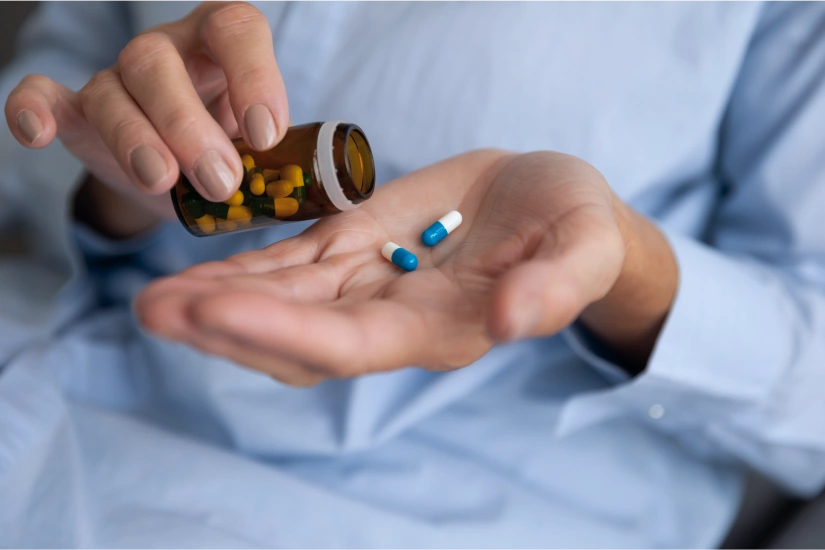24/7 Helpline:
(866) 899-111424/7 Helpline:
(866) 899-1114
Learn more about Bipolar Disorder Treatment centers in Pine Island

Other Insurance Options

Health Net

UMR

Coventry Health Care

Group Health Incorporated

MVP Healthcare

Private insurance

United Health Care

Aetna

Providence

Medical Mutual of Ohio

Choice Care Network

Lucent

Excellus

GEHA

Magellan Health

Carleon

Absolute Total Care

BHS | Behavioral Health Systems

EmblemHealth

Regence





































































Wenden Recovery Services
Wenden Recovery Services is a private rehab located in Red Wing, Minnesota. Wenden Recovery Services...

Common Ground Treatment
Common Ground Treatment is a private rehab located in Red Wing, Minnesota. Common Ground Treatment s...

Southern Highlands CMHC
Southern Highlands CMHC is a private rehab located in Welch, West Virginia. Southern Highlands CMHC ...

Southern Highlands Community Mental Health Center
Southern Highlands Community Mental Health Center offers regular physician's services, OBMAT, DUI cl...


















































